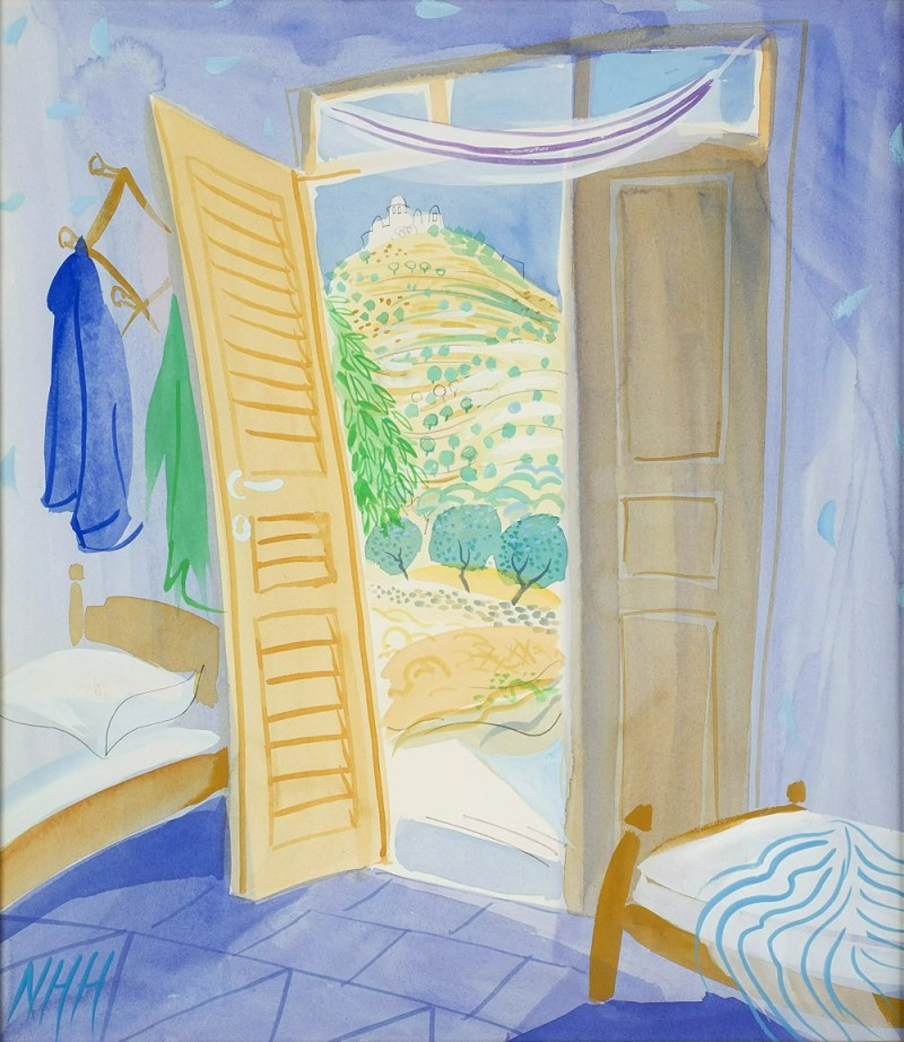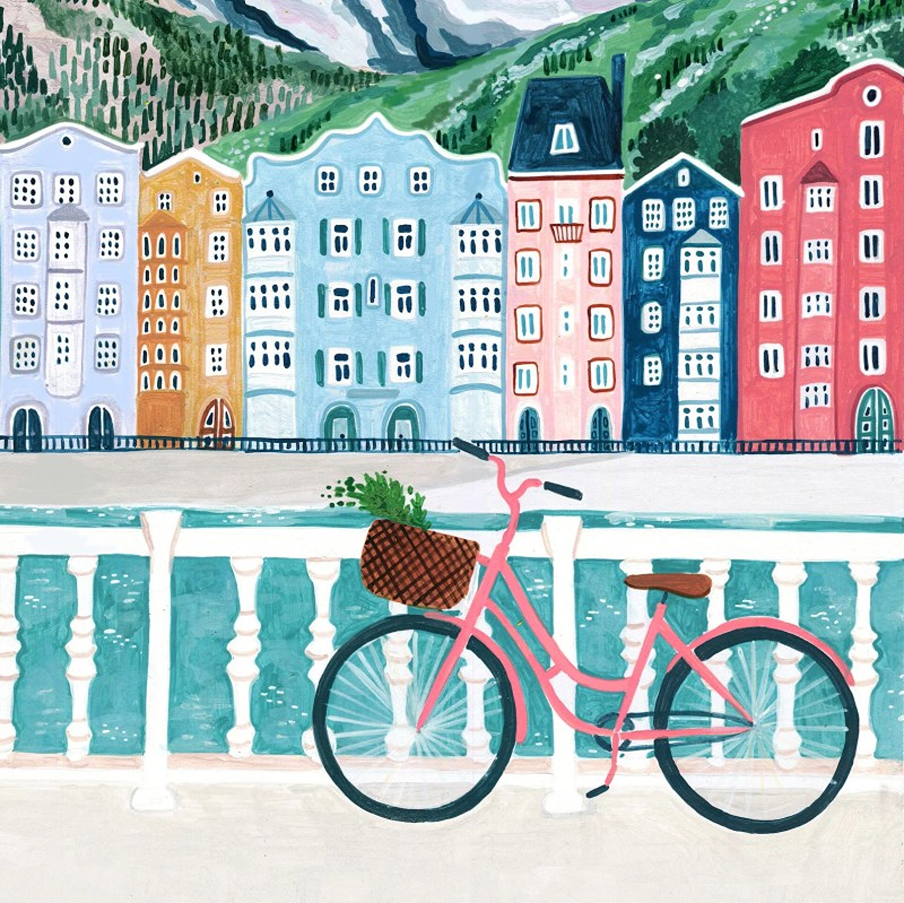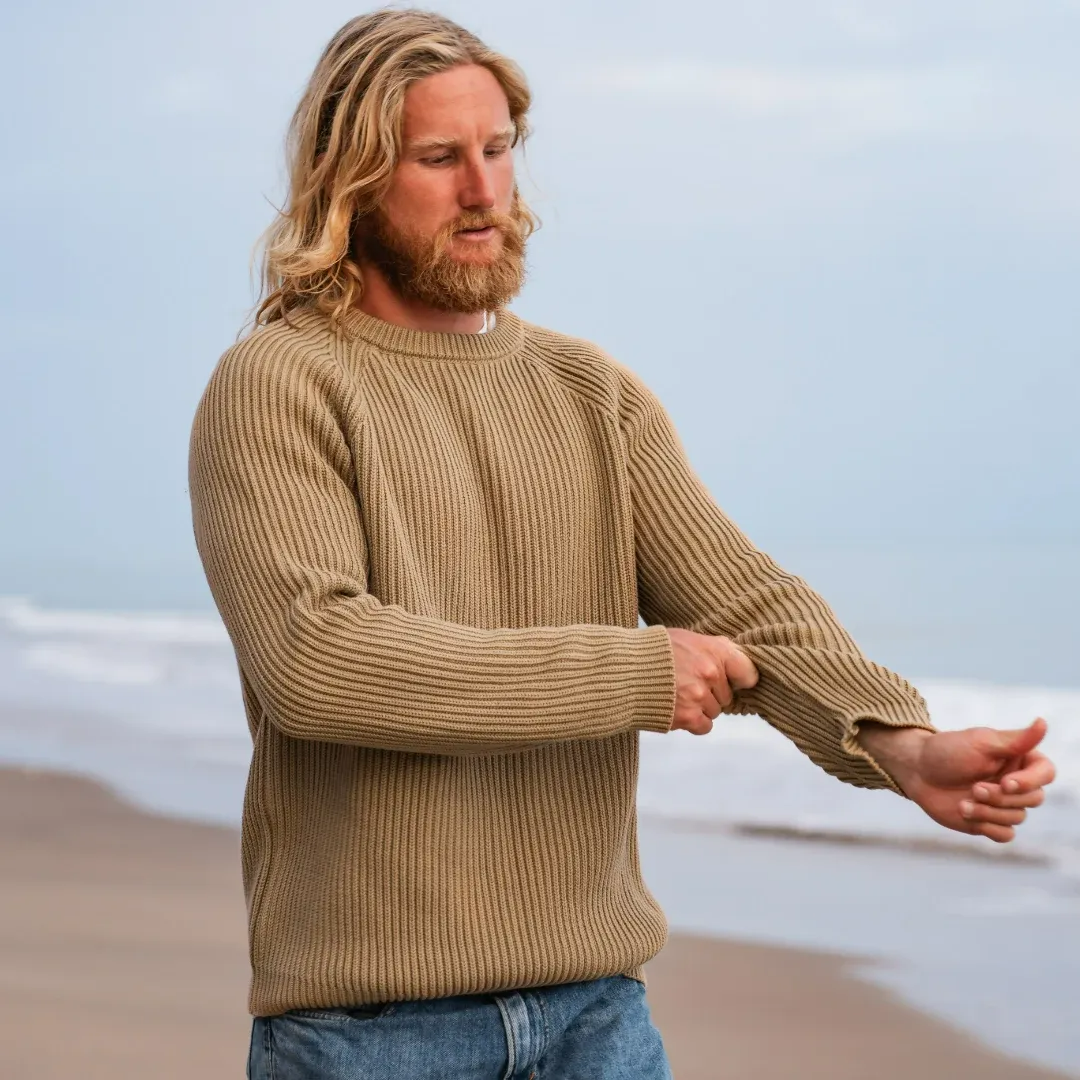
Bladder incontinence is one of those subjects that’s not really talked about. But it’s an important one, because millions of people (especially older people with medical conditions) suffer, and it’s important to find sustainable alternatives to plastic-wrapped incontinence pads, while at the same time retaining dignity for patients and making life easier for carers.
Bladder incontinence can be caused by many things including drinking too much alcohol, being overweight, general bladder weakness on ageing or diseases like MS. Urinary tract infections also can enlarged prostate. Other causes include pregnancy and dehydration.
switch to reuseable, washable or organic pads

Cheeky Wipes is the main brand of reusable incontinence pads, in a range of styles and strengths, developed by a woman who suffers from chronic incontinence, due to illness. These are wider than period pants at the back, and also can be used for heavy menstrual flow. They also have an additional tab to open and close easier, for people with arthritis. Launder as normal. Do not tumble dry, this reduces absorbency. Change every few hours for light incontinence, or more for severe cases.

Tone up your pelvic floor muscles. These are the muscles you use to pee. If you don’t know where they are, just pretend you’re about to pee, then hold it. The muscle you just used is your pelvic floor! Yoga is good as are kegel weights, or talk to your GP for severe cases. These are also good to help prevent pelvic prolapse. The men’s incontinence pants look like normal trunks, to preserve dignity.
&Sisters offers organic pads for feminine care, which can also be used for ‘accidental pee-ers!’ With no ammonia, phosphates nor fragrance, these can also be used for baby ‘nappy explosions!’ Most organic feminine care products (disposable organic pads, washable pads and period pants) can also be used for light incontinence. The latter look like normal undies, but feature a waterproof built-in pad. Just rinse after use, then throw in the wash. Again as they feature synthetic backing, launder in a microplastic catcher. Never flush ‘flushable wipes’ even if biodegradable – just bin them.
how to safely remove urine stains & smells
If your normal laundering does not remove urine smells, soak your undies in a bowl of warm water with a few tablespoons of baking soda for up to an hour. Then rinse and launder as normal. Use oxygen bleach to remove stains (not chlorine bleach, nasty stuff). Avoid essential oils for pregnancy/nursing or pet pee stains (choose unscented brands).
Remüvie™ Intimate Stain Remover is made from plant-based ingredients, sold in a recycled ocean plastic bottle. With no bleach, this foam cleanser is perfect to rescue clothes, mattresses and carpets from pee, blood and other stains.
we need more accessible public bathrooms
Enter places you wish to travel at AccessAble to find information including accessible public bathrooms. Many towns don’t offer enough (or don’t make them accessible for elderly and disabled visitors). So many vulnerable people stay at home (or drink less water, leading to dehydration).
A £5 Radar key is a worthwhile investmenet, as it lets you into accessible toilets nationwide. Another idea is to use a Uribag (possibly free on the NHS, ask your GP). This little latex canister is a portable urinal for men (just pee, empty on the kerb, then wash at home to use again). The female version is designed for bedbound patients.
Other options are Shewee (pee without undressing) which also makes QeeZee (an easy-to-recycle vomit bag, just seal and dispose of in the bin). Popaloo (ideal for churchyards and allotments) uses dry powder in a biodegradable bag that turns to gel on use. Natsol composting toilets are modern, hygienic and affordable, and accessible for everyone.






